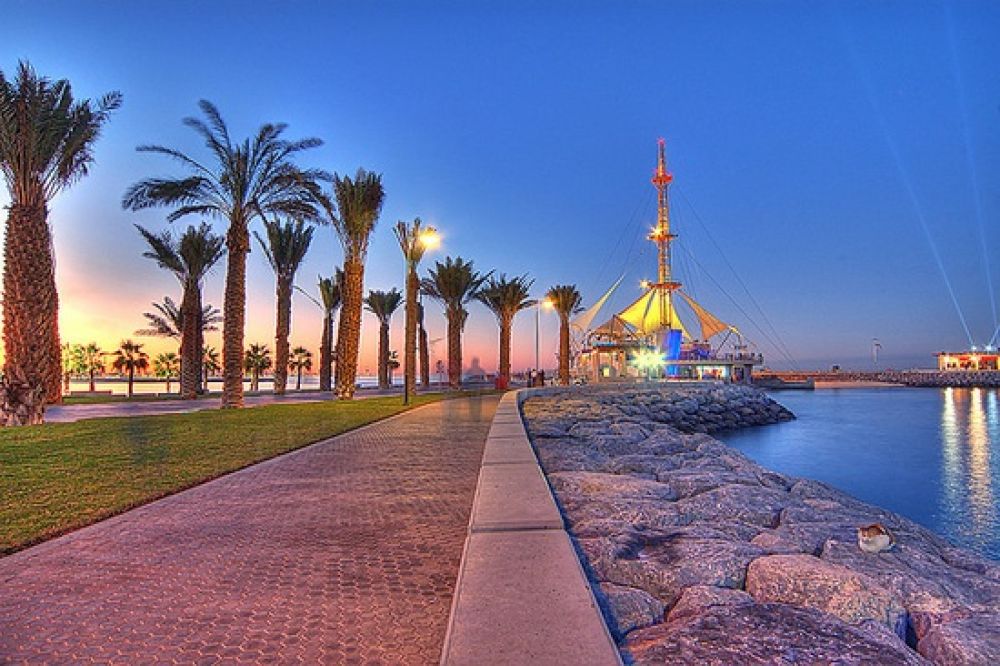

Al Mukalla, the coastal city of Yemen, historically served as a prominent port and a gateway to the Indian Ocean. Established in the 4th century as a fishing village, it has evolved significantly over time. The city's Seaside Waterfront Promenade is a testament to Al Mukalla's rich heritage and its efforts to boost tourism amidst a turbulent history.
The history of tourism in Al Mukalla is relatively recent. Initially, the city's economy was largely dictated by fishing and trade, thanks to its strategic position on the shipping routes. Being the capital of the Hadhramaut province, Al Mukalla steadily attracted traders from across the globe.
Over the years, as Yemen developed its tourism industry, Al Mukalla began to gain recognition for its serene beaches, historical landmarks, and beautiful promenade along the seafront. Visitors were drawn to its unique blend of traditional Hadhrami architecture and laid-back seaside atmosphere.
However, tourism in the region faced significant setbacks due to political instability and security concerns, which negatively affected international tourist arrivals. Despite these challenges, the city has maintained its charm, and local tourism has continued to thrive with domestic visitors enjoying the tranquil beauty of the city's coastal setting.
With gradual improvements in stability, Al Mukalla has started to witness a resurgence in tourism interest. The latest trends in the region encompass responsible and sustainable tourism practices that aim to preserve the natural beauty and cultural identity of the region while fostering economic growth.
Eco-tourism is also on the rise, with an increasing number of visitors looking to explore the untouched landscapes and marine life of the Arabian Sea. Diving and snorkeling are becoming popular activities given the area's rich marine biodiversity.
The Seaside Waterfront Promenade itself is a focal point of leisure and tourism in Al Mukalla. Considered the crown jewel of the city, the promenade offers locals and tourists alike a peaceful place to stroll, socialize, and enjoy the scenic views. At night, the area comes alive with families and visitors sampling traditional Yemeni cuisine from seaside cafes and restaurants.
Cultural Festivals and events, aiming to promote Yemeni heritage and traditions, are increasingly being organized along the promenade. Such events aim to not only boost tourism but also to foster a sense of pride and unity among the local community.
In conclusion, while Al Mukalla's tourism sector has faced its share of challenges over the years, the Seaside Waterfront Promenade remains a beacon of potential for the city. With growing global interest in off-the-beaten-path travel and sustainable tourism, Al Mukalla could well re-establish itself as a unique and rewarding destination for intrepid travelers in the years to come.